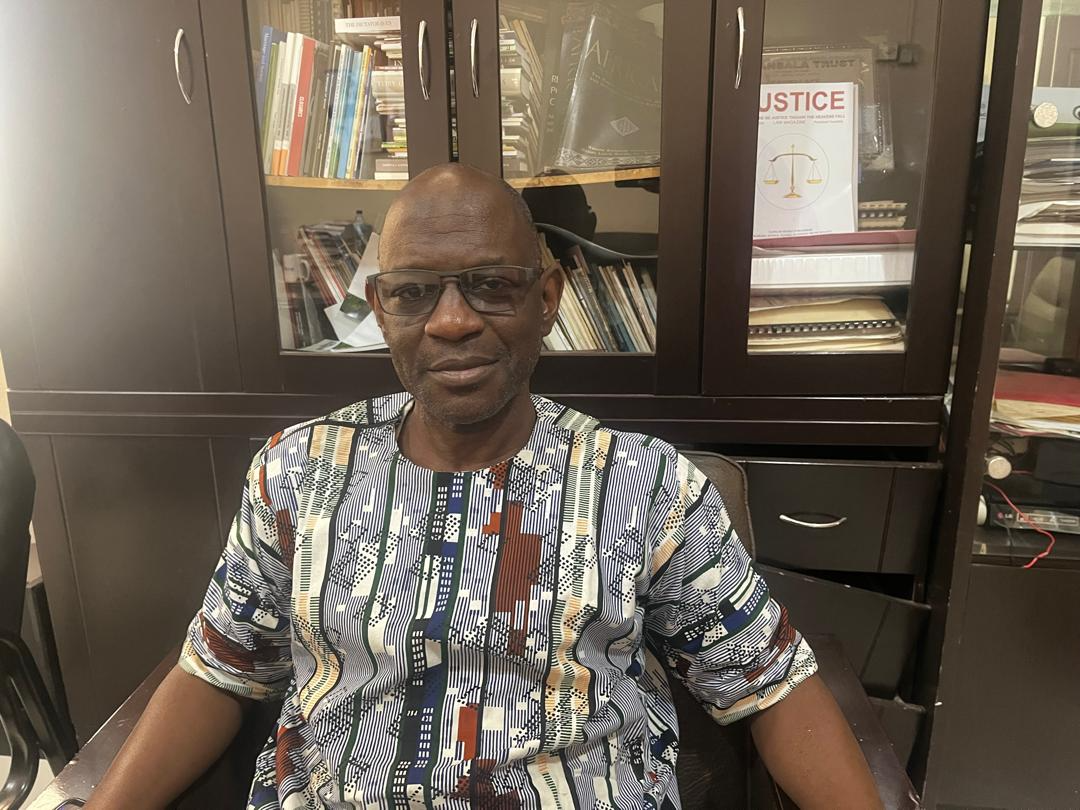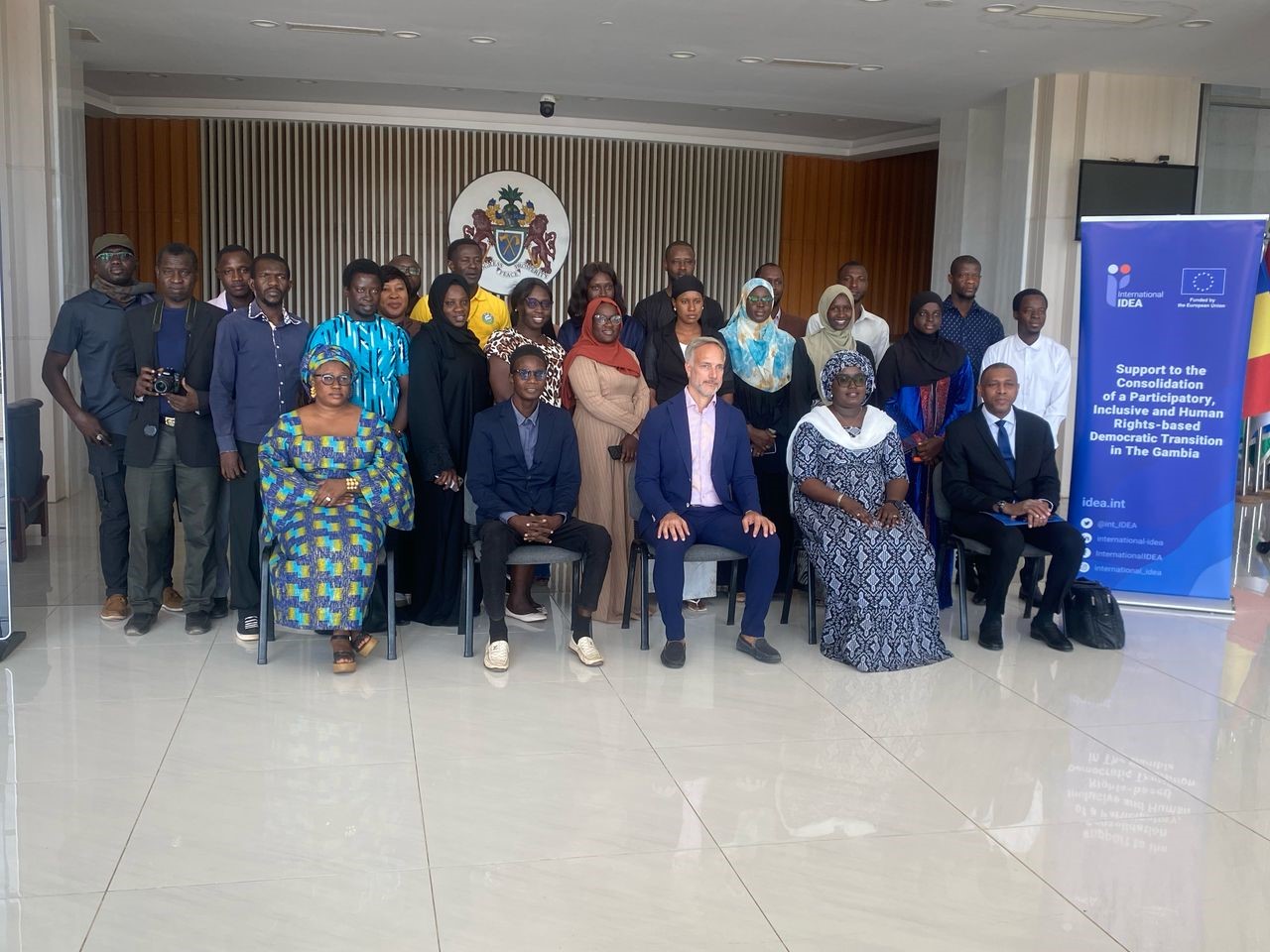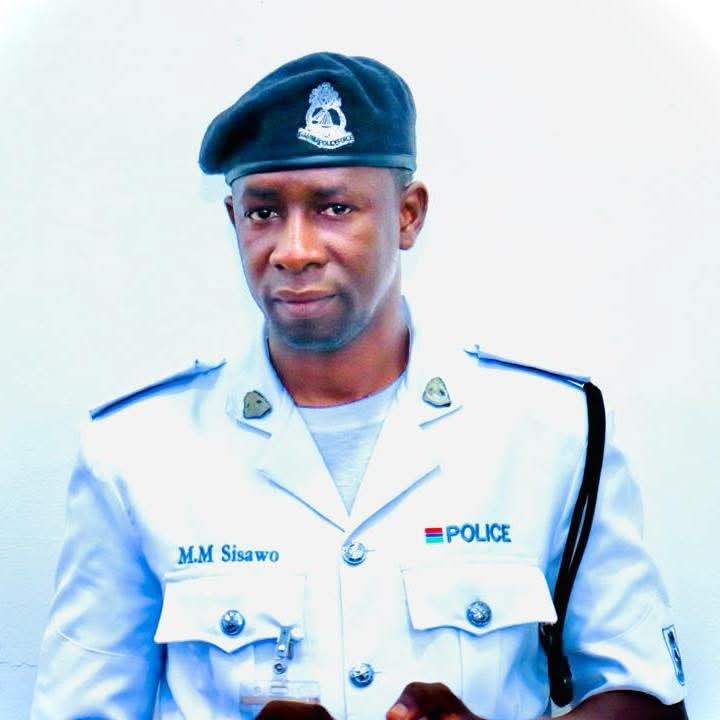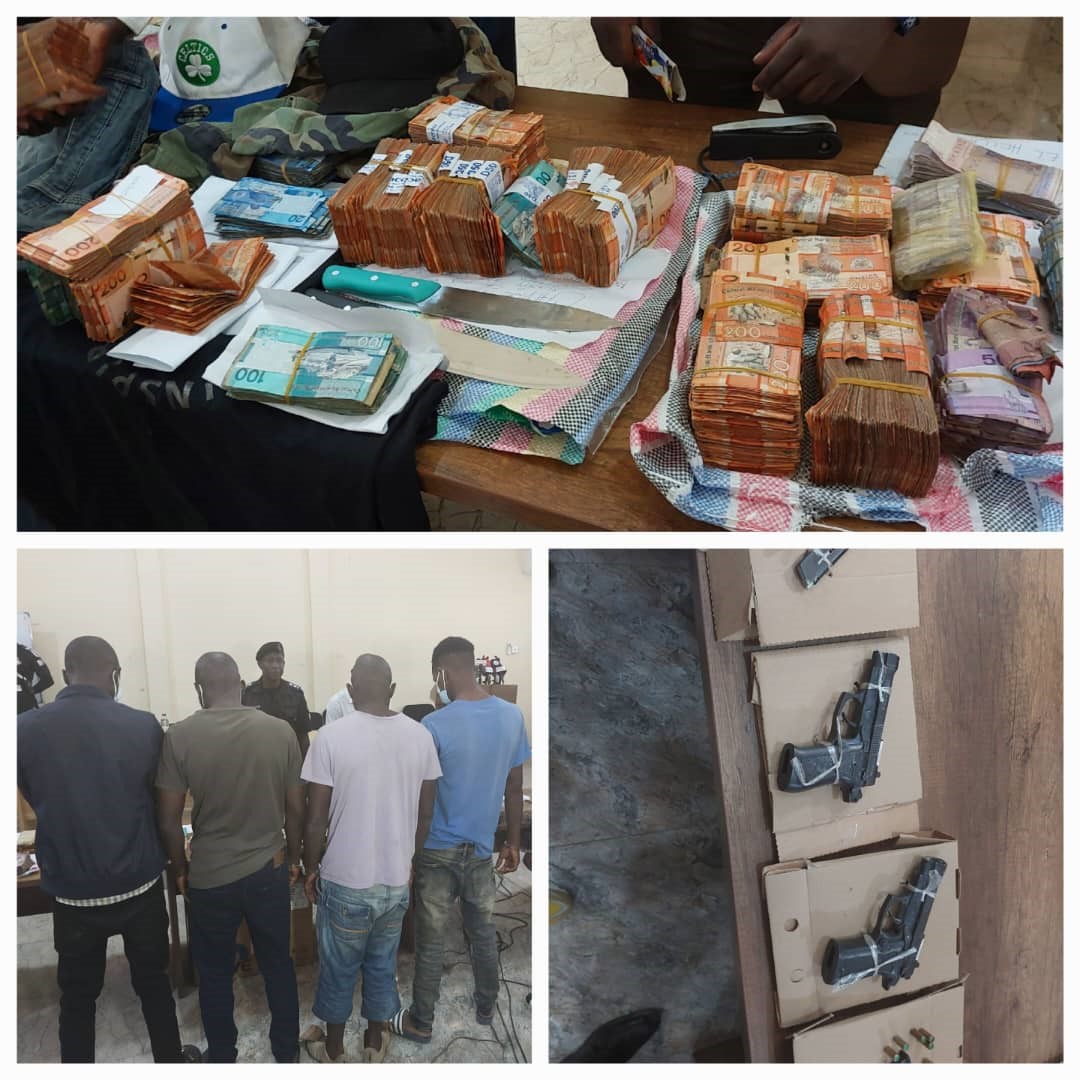By: Nyima Sillah and Kemo Kanyi
Marking The Gambia’s 60th Independence anniversary on February 18, 2025, The Voice newspaper reached out to Hassoum Ceesay, a prominent Gambian historian, writer, and museum curator at the National Centre for Arts and Culture (NCAC), to delve into the colonial administration that shaped the nation’s history.
In this exclusive Independence feature, the historian offered an insightful reflection on the harsh governance system imposed during British colonial rule and the role Gambians played in the fight for independence.
Mr. Ceesay, the Director General of the NCAC, shared that The Gambia achieved independence on February 18, 1965, after decades of British colonial rule.
He described the colonial period as one marked by exploitation and oppression. “Exploitation existed because there was taxation without representation, and oppression thrived as laws curtailing freedom of assembly and speech were enforced by colonial officials. The British also relied on district chiefs, not to maintain order, but to impose colonial rule. Some chiefs became dictatorial because they answered to no one,” Ceesay explained in the Independence Exclusive.
Under colonial rule, no Gambians were elected to administrative positions; instead, officials were sent from Britain to oversee the colony. A few Gambians were appointed by the colonial masters, often in clerical roles. “Officials like the director of Health, Agriculture, the Governor, and the Colonial Secretary were all appointed from London. Gambians were largely relegated to minor roles, with chiefs playing significant political roles in the administration of the country.
He elaborated on the division of the country into two distinct regions—the Colony and the Protectorates—where citizens were treated differently. “Those in the Colony, which included Bathurst [Banjul], Bakau, and Serekunda, were considered ‘British subjects’ and could apply for a passport. However, those in the Protectorates were classified as ‘British Protected Persons’ (BPP) and could only obtain a travel certificate,” Ceesay explained. “It wasn’t until 1965, after independence, that Gambians became citizens of their own country.
The chiefs were represented in parliament due to their political influence, their role in tax collection, and their management of forest resources. “Chiefs were also instrumental in preventing bushfires, as they had the power to punish those who set fires by chaining them in the sun for five days,” he added.
Despite the oppressive colonial system, Ceesay highlighted the resilience of Gambians who stood against British rule. He mentioned Edward Francis Small, a journalist and social activist who used his newspaper, The Gambia Outlook, to criticize colonial excesses and fight for the rights of the oppressed. “Edward Francis Small became one of the first Gambians to resist colonialism through his writing, even though literacy was limited. His newspaper played a pivotal role in voicing the concerns of farmers and workers, and Small later became the first Gambian elected under the 1947 constitution. This marked the beginning of Gambia’s long tradition of multi-party democracy.”
Historian Ceesay also highlighted the formation of political parties and the role of labor unions in the fight for independence. He mentioned the Gambia Democratic Party, founded by Reverend John Colley Faye, and other political movements like the United Party, the Muslim Congress Party, and the People’s Progressive Party led by Sir Dawda Kairaba Jawara. These groups, along with the first workers’ union led by M.E. Jallow, mobilized the masses, called for strikes, and rallied the people against colonial rule.
The director general disclosed that women played a critical role in the success of these political movements, especially through financial support and grassroots campaigns. Market vendors were particularly instrumental in funding the political parties, and women, like Hannah Foster, became key figures in Gambia’s political landscape, with Foster being one of the first women to contest an election in 1960.
In reflection, Ceesay emphasized that while the colonial era was one of oppression, Gambians, including women, played an essential role in the struggle for freedom, laying the foundation for the nation celebrating today.





